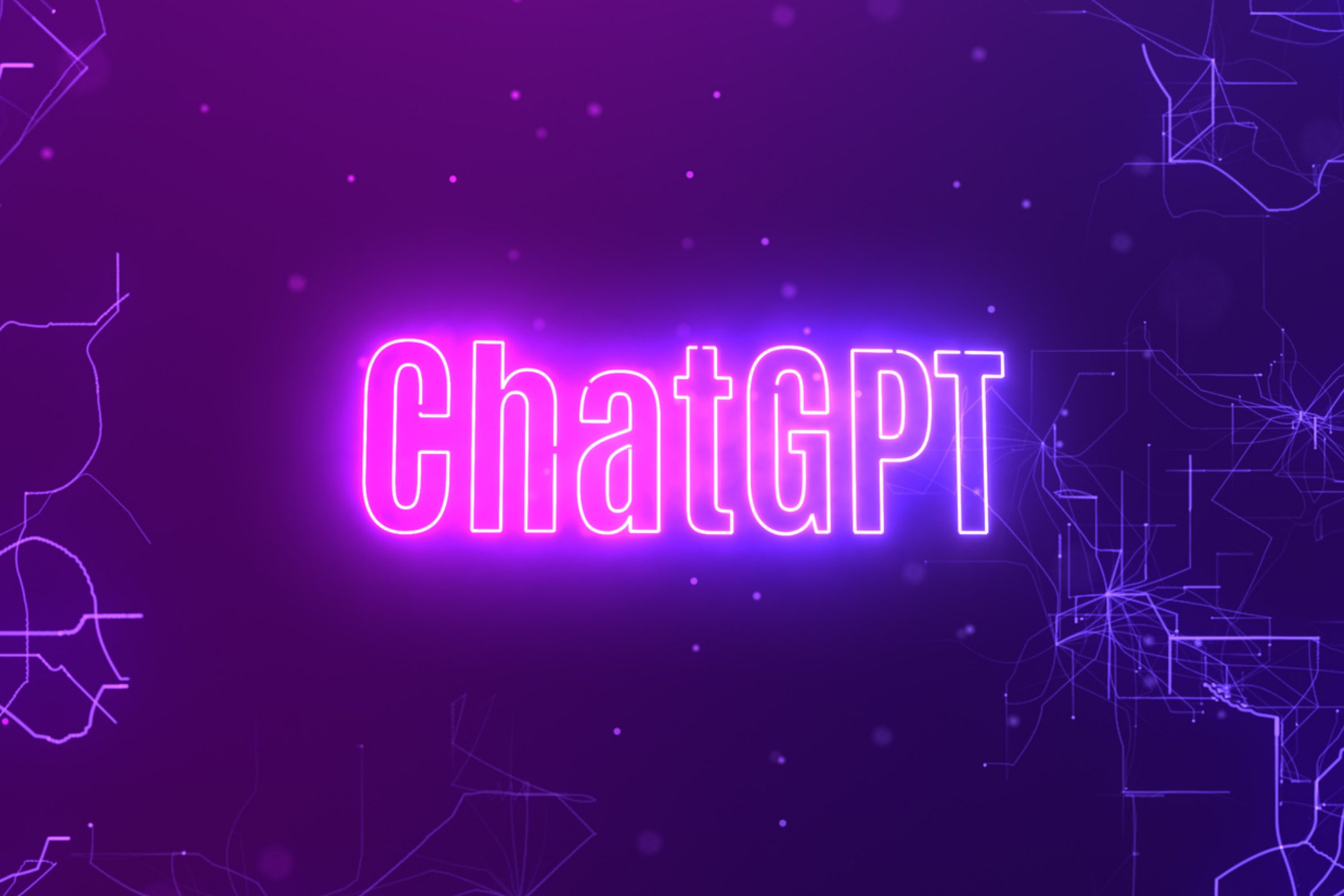OpenAI has today, 23rd of March 2023, announced their initial support for plugins in ChatGPT, marking a significant milestone in the evolution of AI-powered language models. These plugins, designed with safety at the core, will enable ChatGPT to access up-to-date information, execute computations, and utilize third-party services. As part of OpenAI’s iterative deployment philosophy, the gradual rollout of plugins will help assess their real-world impact and address safety and alignment challenges.
Related post to read: OpenAI Unveils GPT-4.
ChatGPT plugins have been in high demand since the platform’s launch, as they unlock a vast array of use cases. The initial phase focuses on a small user base, with plans to expand access as insights are gained. Notable companies like Expedia, FiscalNote, Instacart, KAYAK, Klarna, Milo, OpenTable, Shopify, Slack, Speak, Wolfram, and Zapier have already developed the first set of plugins. OpenAI is also hosting a web browser and code interpreter plugin, as well as open-sourcing a knowledge base retrieval plugin.
The rollout of plugin alpha access begins with developers and ChatGPT Plus users from the waitlist. Although it will initially target a small number of users, the plan is to scale access over time. Language models today face limitations, as they can only learn from their training data, which may be out-of-date or not tailored to specific applications. Plugins act as “eyes and ears” for language models, providing access to information that is too recent, personal, or specific to be included in the training data.
Plugins will enable language models to perform safe, constrained actions on behalf of users, increasing the overall usefulness of the system. Open standards are expected to emerge, unifying the ways applications expose an AI-facing interface. OpenAI is working on an early version of such a standard and seeking feedback from interested developers.
The gradual enablement of existing plugins from early collaborators is starting with ChatGPT Plus subscribers, and developers will soon be able to create their own plugins. As OpenAI learns from deployment and improves safety systems, the protocol will be iterated on, with plans to enable the integration of plugins into developers’ own applications beyond ChatGPT.
Opinion:
The introduction of plugins in ChatGPT is a groundbreaking development that promises to revolutionize the way users interact with AI-powered language models. While the potential benefits are immense, it is crucial to remain cognizant of the possible risks and challenges associated with connecting language models to external tools.
By granting language models access to up-to-date information, code-based calculations, and custom plugin-retrieved data, the user experience can be significantly enhanced. However, this also raises concerns about potential misuse or unintended actions by the AI, which could be exploited by bad actors. The proactive implementation of safeguards and a commitment to improving safety systems demonstrates OpenAI’s dedication to addressing these issues.
The opportunity to collaborate and shape the future of human-AI interaction with the plugin platform is exciting. As more developers engage and share their insights, the potential for innovation will only grow. It will be fascinating to see how the landscape of AI-powered language models evolves in the coming months and years.
Reference and Source: OpenAI Blog









